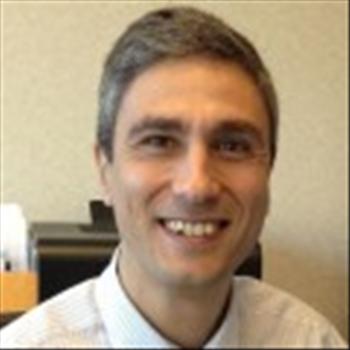
 Speaker "Flavio Villanustre" Details Back
Speaker "Flavio Villanustre" Details Back

-
Name
Flavio Villanustre
-
Company
Lexisnexis Risk Solutions
-
Designation
Vice President Of Products
Topic
Big Data Processing Beyond Map Reduce
Abstract
Data-intensive computing represents a new computing paradigm to address Big Data processing requirements using high-performance architectures supporting scalable parallel processing to allow government, commercial organizations, and research environments to process massive amounts of data and implement new applications previously thought to be impractical or infeasible.
The fundamental challenges of data-intensive computing are managing and processing exponentially growing data volumes, significantly reducing associated data analysis cycles to support practical, timely applications, and developing new algorithms which can scale to search and process massive amounts of data.
The open source HPCC (High-Performance Computing Cluster) Systems platform offers a unified approach to Big Data processing requirements: (1) a scalable, integrated computer systems hardware and software architecture designed for parallel processing of data-intensive computing applications, and (2) a new programming paradigm in the form of a high-level, declarative, data-centric programming language designed specifically for big data processing. This presentation explores the challenges of data-intensive computing from a programming perspective, and describes the ECL programming language and the HPCC architecture designed for data-intensive computing applications. HPCC is an alternative to the Hadoop platform, and ECL is compared to high level languages such as SQL, Hive and Scala.
Profile
Dr. Flavio Villanustre is the Vice President of Infrastructure and Products for HPCC Systems, the Big Data open source initiative of LexisNexis. In this position, Flavio is responsible for Information and Physical Security, overall infrastructure strategy and new product development. Prior to 2001, Dr. Villanustre served in different companies in a variety of roles in infrastructure, information security and information technology. In addition, Dr. Villanustre has been involved with the Open Source community for over 15 years through multiple initiatives. Some of these include founding the first Linux User Group in Buenos Aires (BALUG) in 1994, releasing several pieces of software under different Opensource licenses, and evangelizing Opensource to different audiences through conferences, training and education. Prior to his technology career, Dr. Villanustre was a neurosurgeon.